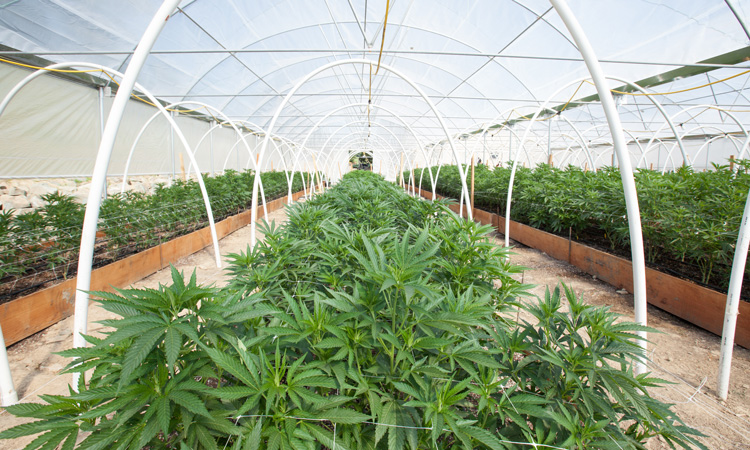Researchers call for coordinated scientific effort to map cannabis genome
- Like
- Digg
- Del
- Tumblr
- VKontakte
- Buffer
- Love This
- Odnoklassniki
- Meneame
- Blogger
- Amazon
- Yahoo Mail
- Gmail
- AOL
- Newsvine
- HackerNews
- Evernote
- MySpace
- Mail.ru
- Viadeo
- Line
- Comments
- Yummly
- SMS
- Viber
- Telegram
- Subscribe
- Skype
- Facebook Messenger
- Kakao
- LiveJournal
- Yammer
- Edgar
- Fintel
- Mix
- Instapaper
- Copy Link
Posted: 25 March 2020 | Sam Mehmet (New Food) | No comments yet
In a major statistical analysis of existing data and studies, the study authors concluded that there are large gaps in the scientific knowledge of this high-demand, multi-purpose crop.


Unlocking the full potential of cannabis for agriculture and human health will require a coordinated scientific effort to assemble and map the cannabis genome, according to an international study led by University of Saskatchewan researchers.
“Considering the importance of genomics in the development of any crop, this analysis underlines the need for a coordinated effort to quantify the genetic and biochemical diversity of this species,” the authors stated.
The team, which includes scientists in The Netherlands, Germany, and the US, found that less than 50 percent of the cannabis genome is accurately mapped, with about 10 percent of the genome missing and another 10 to 25 percent completely unmapped.
“This means that we lack the foundation on which to build a molecular breeding programme for cannabis comparable to what exists for other crops,” said lead author, Tim Sharbel, a Plant Scientist in the USask College of Agriculture and Bioresources.
“Developing a high-quality genetic blueprint would provide the building blocks for genomics-based breeding and applications to human and animal health, while strengthening university-industry partnerships.”
The findings aim to serve as a cornerstone for various types of research conducted through the USask-led Cannabinoid Research Initiative of Saskatchewan (CRIS), said Sharbel. The multi-disciplinary team also involved USask researchers from the College of Pharmacy and Nutrition, College of Medicine, and the School of Environment and Sustainability.
“These data are crucial for setting up a core collection of genotypes which can be used to study various cannabis traits,” he said.
Sharbel noted that recent societal and governmental acceptance of cannabis has spurred growing interest by companies in medical and food applications of cannabis use. He is seeking medicinal plant industry partners to help fund academic research that will map, compare and make full use of the closely related genomes of cannabis, hemp, and hops.
“This initiative would become part of an industry-driven effort to exchange resources and improve cannabis, hemp and hops for medicinal and industrial properties,” he said.
“If we can publish case studies to show that certain compounds can treat human disorders with statistical significance, then getting such information into the medicare system – for example, as a basis for a Drug Identification Number assigned to a drug product before it can be marketed in Canada – would be of great benefit to companies.”
“It is critical to recognise cannabis and cannabinoids as drugs with potential benefits and associated risks, as would be the case for the investigation of any novel drug,” the authors stated.
The team also noted there is evidence for developing hemp-type cannabis as a highly digestible, protein-rich food source that would be unlikely to cause an allergic reaction.
Related topics
CBD hemp & cannabis, Food Safety, Health & Nutrition, Research & development









